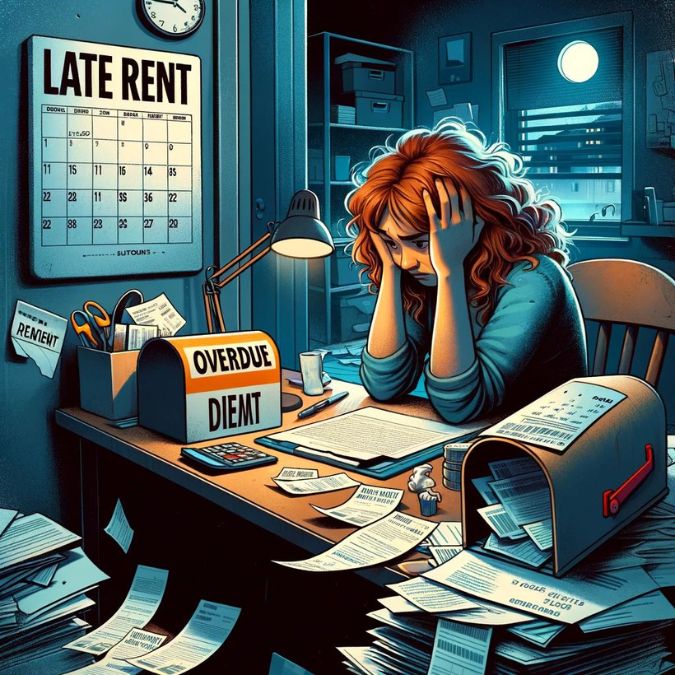
123rf
Owning a car can be both a blessing and a financial burden. While it provides convenience and freedom, the costs associated with maintenance and repairs can quickly add up. However, with a proactive approach to car care, you can avoid those hefty repair bills. Here are ten essential tips to ensure your car stays in top shape and avoid major repairs.
1. Follow the Manufacturer’s Maintenance Schedule

123rf
Adhering to your car’s maintenance schedule is crucial. The manufacturer’s guidelines are designed to keep your car running efficiently and prevent breakdowns. Regular oil changes, filter replacements, and inspections can catch minor issues before they become major problems. Skipping these scheduled services might save you money in the short term, but it can lead to costly repairs down the road.
2. Keep Your Fluids in Check

123rf
Your car relies on several fluids to function correctly, including oil, coolant, brake fluid, and transmission fluid. Regularly check these fluids and top them up as needed. Low or dirty fluids can cause significant damage to your engine and other components. Investing a few minutes each month to check your fluid levels can save you from expensive repairs.
3. Pay Attention to Warning Lights to Avoid Costly Car Repairs

123rf
Modern cars are equipped with various warning lights on the dashboard, each indicating a potential issue. Never ignore these warning signs. If a light comes on, consult your owner’s manual to understand what it means and address the problem immediately. Early detection and action can prevent minor issues from escalating into major repairs.
4. Replace Worn-Out Parts Promptly

123rf
Components like brake pads, belts, and hoses wear out over time and need replacing. If you notice any signs of wear or hear unusual noises, it’s essential to address them immediately. Neglecting these small issues can lead to more significant and costly car repairs, such as a broken timing belt that can ruin your engine.
5. Keep Your Tires in Good Condition

123rf
Tires are your car’s contact with the road, and their condition directly impacts your vehicle’s performance and safety. Regularly check your tire pressure, rotate them according to your maintenance schedule, and ensure they have adequate tread. Poor tire maintenance can lead to blowouts and uneven wear, causing alignment issues and putting additional strain on other car components.
6. Drive Smoothly and Responsibly to Avoid Costly Car Repairs

123rf
How you drive significantly affects your car’s longevity. Avoid aggressive driving habits like sudden acceleration, hard braking, and excessive speeding. These behaviors put unnecessary stress on your engine, brakes, and suspension. Smooth and responsible driving not only keeps you safe but also reduces wear and tear on your vehicle.
7. Keep Your Car Clean

123rf
Regularly washing and waxing your car isn’t just about aesthetics; it’s also about protection. Dirt, grime, and road salt can cause rust and corrosion, especially in areas where roads are salted in the winter. Cleaning your car inside and out prevents long-term damage to the paint, undercarriage, and interior components.
8. Store Your Car Properly

123rf
If you don’t use your car frequently, proper storage is vital. Keep your vehicle in a garage or covered area to protect it from the elements. If you must park outside, use a car cover. Additionally, start your car occasionally to keep the battery charged and the engine lubricated. Proper storage practices can prevent deterioration and costly car repairs due to neglect.
9. Use Quality Parts and Fluids to Avoid Costly Car Repairs

123rf
When it’s time to replace parts or top up fluids, opt for high-quality options. While cheaper alternatives might save you money upfront, they can lead to more significant issues in the long run. Quality parts and fluids ensure better performance and longevity for your car. Investing in reliable products pays off by keeping your vehicle in excellent condition.
10. Educate Yourself About Basic Car Maintenance

123rf
You don’t need to be a mechanic to perform basic car maintenance. Familiarize yourself with essential tasks like checking oil levels, changing air filters, and inspecting tires. There are plenty of online resources and tutorials available. A little knowledge can go a long way in preventing minor issues from turning into major car repairs.
Avoiding Costly Car Repairs

123rf
Taking a proactive approach to car maintenance can save you from the stress and expense of major repairs. By following these ten tips, you can keep your car running smoothly and extend its lifespan. Remember, regular care and attention to small details can prevent big problems. Invest in your car’s health, and you’ll enjoy a reliable, well-performing vehicle for years to come.













































